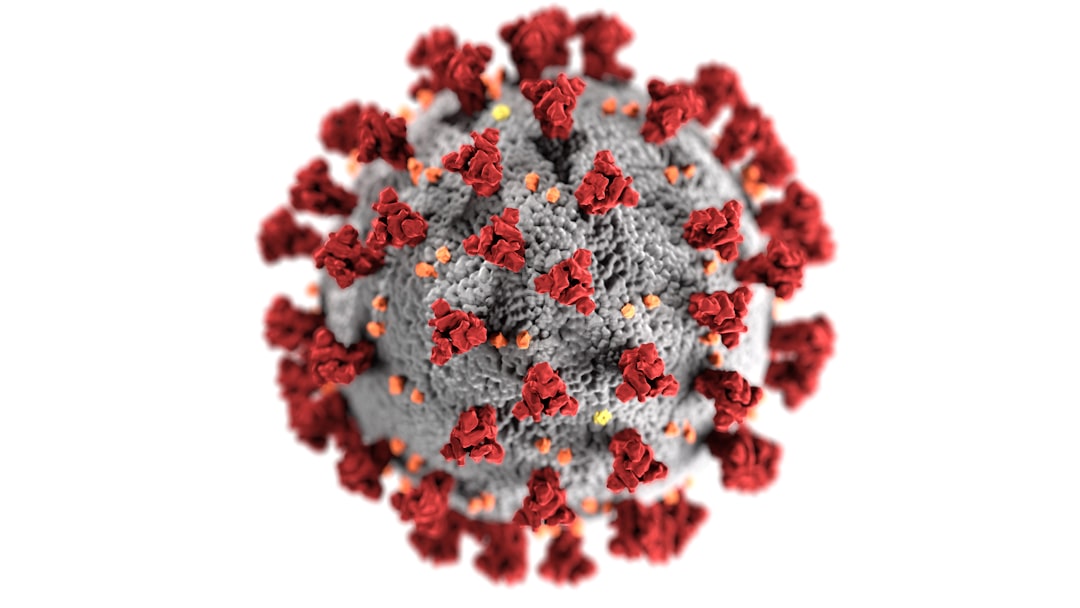What is it about?
Proprotein convertase subtilisin/kexin type 9 (PCSK9) is an enzyme produced mainly in the liver. It targets low-density lipoprotein (LDL) receptors on the liver cell surface, inducing degradation of the receptors. LDL receptors are responsible for uptake of LDL into liver cells. High concentration of LDL in the blood is a definite risk factor for atherosclerosis which leads to heart infarction and stoke. Small-interfering RNA (siRNA) through subcutaneous injection has been designed to inhibit the production of PCSK9. Loss of PCSK9 preserves LDL receptors on the liver cell surface, subsequently increasing more LDL uptake into liver and reducing LDL levels in the blood. Thus, siRNA targeting PCSK9 emerges as a novel therapeutic modality for a disease status with too much cholesterol, the chief component of LDL, in the blood. It is believed that bringing down serum cholesterol level will reduce the risk of atherosclerosis. However, PCSK9 is able to suppress the expression of CD36, also called fatty acid translocase, in the liver as well. Stopping production of PCSK9 theoretically results in elevated expression of both LDL receptor and CD36.
Featured Image

Photo by julien Tromeur on Unsplash
Why is it important?
CD36 has been found to be a major player in the development of fatty liver disease and the associated liver cancer in a lot of cellular and animal experiments. Therefore, it is speculated here that overexpression of CD36 in the liver under long-term treatment with siRNA against PCSK9 probably will induce fatty liver disease or even liver cancer in human beings.
Perspectives
Although no increased incidence of liver function impairment and cancer had been detected in clinical trials adopting PCSK9-targeting siRNA as an innovative agent for lowering serum cholesterol levels, it is afraid that the 18-month duration of those trials was too short to disclose adverse effect which might appear after ten or more years on using the drug.
Frank Fan
Chung Shan Medical University
Read the Original
This page is a summary of: Small-interfering RNA targeting proprotein convertase subtilisin/kexin type 9 might promote fatty liver disease and hepatocellular carcinoma through upregulation of CD36, Tumor Biology, September 2023, IOS Press,
DOI: 10.3233/tub-230007.
You can read the full text:
Contributors
The following have contributed to this page










